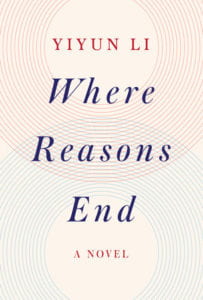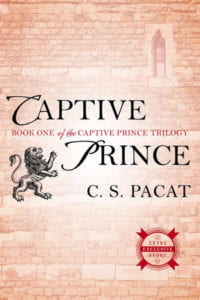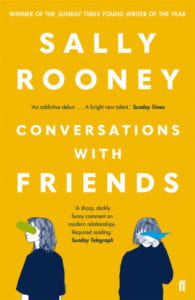Bravery Comes With Practice: An Interview with Alexander Chee

By Nick Fell
The following interview was conducted over email.
You probably get asked this a lot, but it feels like something that needs to be covered, especially in a publication for college students: what is/was your journey to the literary arts? Have you always been passionate about writing?
Most of this is in my essay collection, but maybe what isn’t perhaps is this: I was a passionate reader as a child, more or less compulsive. But I also loved inventing stories, for myself and then for others. The first book I made up was for a book report in grade school. I did it to see if I could get away with it—could I invent a book in a book report such that my teacher wouldn’t catch it? I got away with it, and while I never felt the need to do this again, I was hooked on the idea of making something up (and getting away with it). If this seems dark, it could have been.
What I found next was Dungeons & Dragons, as a Dungeon Master, which taught me the power of storytelling. And then a teacher in high school encouraged us to write journals, and that is where I learned to tell a story about myself that was true, as it were. I wrote my first poems in that journal, and he encouraged me to send them to a contest, which I then won.
Writing let me take the good (reading a lot) and the bad (seeing what I could get people to believe) and put it into the service of art. Using these powers for good, basically.




